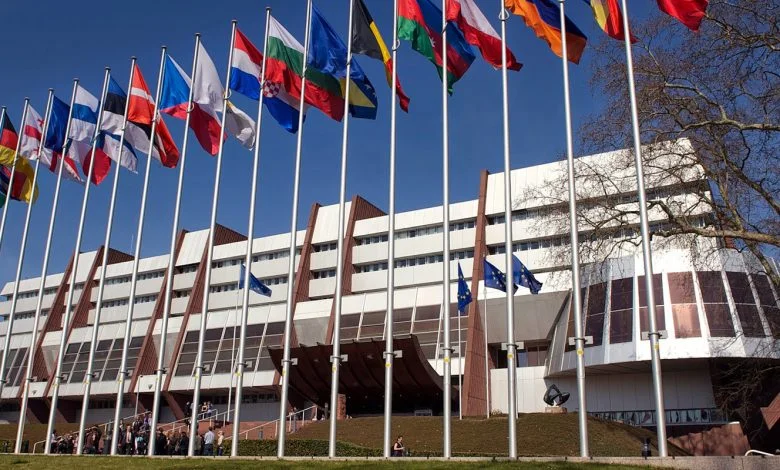
CoE Committee of Ministers Decision on Conflict in Georgia
On April 30, the Committee of Ministers of the Council of Europe adopted its twelfth decision under the agenda item “The Council of Europe and the Conflict in Georgia,” reiterating its firm support for the sovereignty and territorial integrity of Georgia and condemning the continued occupation of the regions of Abkhazia and Tskhinvali/South Ossetia by the Russian Federation. The decision calls on Russia to fully and unconditionally withdraw its military forces from the Georgian territory and comply with its international obligations, including the EU-mediated 2008 ceasefire agreement.
The Council welcomed the Reykjavík Declaration, which reaffirmed Member States’ collective demand that Russia respect Georgia’s internationally recognized borders and cease actions aimed at de facto annexation. Ministers condemned Russia’s continued military exercises, borderization activities and integration treaties in both regions.
The Committee stressed that all actions by Russia intended to alter the status of Georgia’s regions are illegal and carry no legal effect. It also denounced the recent so-called “parliamentary elections” of Tskhinvali and “presidential elections” of Abkhazia.
More than 16 years after the 2008 war, the Russian Federation “continues to impede peaceful conflict resolution,” the decision said, citing illegal military presence, human rights violations, and the installation of fences and barriers that divide communities.
The decision highlighted a series of judgments by the European Court of Human Rights (ECtHR), establishing responsibility of the Russian Federation, as the state exercising effective control over the occupied territories, for grave violations, including arbitrary detention, killings, torture, and displacement of ethnic Georgians. Notably, the Council welcomed the 2023 ruling ordering Russia to pay 130 million euros in damages to thousands of affected by the 2008 war Georgian citizens.
Humanitarian concerns were also underscored, including restricted freedom of movement, denial of medical evacuations, destruction of homes, and systemic discrimination against ethnic Georgians—particularly in the Gali and Akhalgori districts.
The Council strongly condemned the ongoing illegal detentions of Georgian citizens, including Kristine Takalandze, Giorgi Mosiashvili, and Irakli Bebua, who was released on March 30 and expressed grave concern over cases resulting in deaths, such as that of Genadi Bestaev.
Furthermore, the council opposed the imposition of the death penalty in Abkhazia for drug-related offenses and expressed alarm over the erasure of Georgian cultural heritage in the occupied regions.
The Committee reaffirmed support for Georgia’s peace initiatives and stresses the urgent need to resume the suspended Incident Prevention and Response Mechanism (IPRM) in Gali since 2018. It also urged the Russian Federation to allow unrestricted access for Council of Europe monitoring bodies to the affected regions.
Among other things, the Council reiterated its call to the Russian Federation as the State exercising effective control to create conditions for the voluntary, safe and dignified return of all IDPs and refugees; to cease any form of ethnic discrimination towards the residents of the Georgian regions, first and foremost, the ethnic discriminatory measures against the Georgian population; to immediately cease policies leading to human rights violations in both regions of Georgia; to cease arbitrary detentions of persons, including in the context of so-called “illegal border crossings” and to re-open “crossing points”; to immediately releaseKristine Takalandze, Giorgi Mosiashvili and all other illegal detainees; to cease violations of the right to education in schools and preschools, including education in the native Georgian language, in both Georgian regions.
The decision concluded with calls on Russia to execute all ECtHR judgments and cooperate with the International Criminal Court regarding war crimes and crimes against humanity committed during the occupation.
The Council encouraged the Secretary General to continue biannual reporting on the situation and to engage in dialogue with Russia and Georgia to secure monitoring access and accountability.
Also Read:
- 03/11/2023 – CoE Committee of Ministers Decision on Conflict in Georgia
- 05/05/2022 – CoE Committee of Ministers Decision on Conflict in Georgia
- 13/05/2021 – CoE Committee of Ministers Decision on Conflict in Georgia
This post is also available in: ქართული Русский